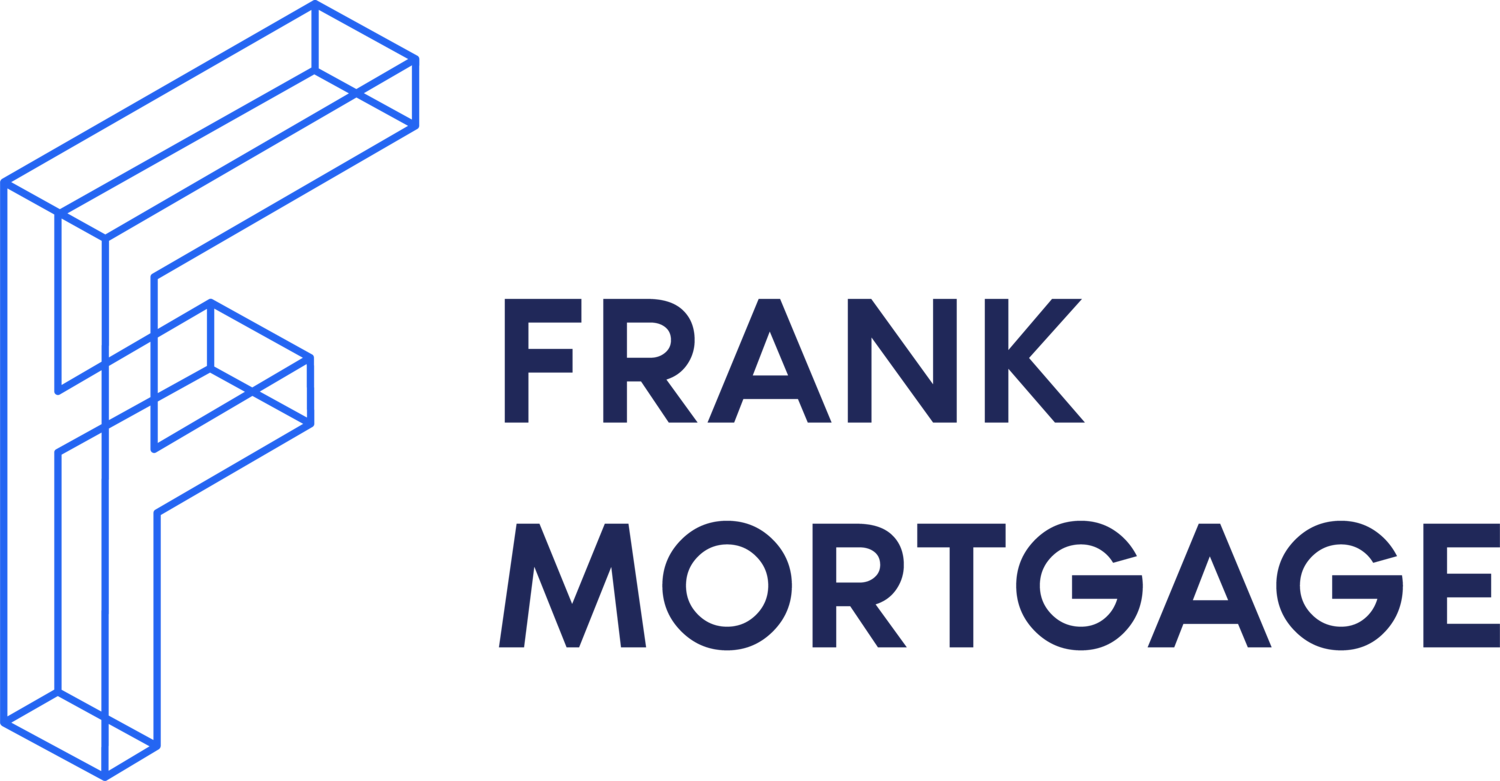Co-signor vs Guarantor
The Difference Between a Mortgage Co-Signor and a Mortgage Guarantor
A mortgage application can be strengthened with the addition of a co-signor or a guarantor. Of course, it is best if a mortgage applicant can qualify for a mortgage on their own but in situations where a borrower cannot qualify due to poor credit, insufficient income or employment history, there are ways for family to help.
Many young potential new home buyers in Canada are feeling priced out of the market. Many rely on gifts from family members to meet the minimum down payment requirements (see Gifted Down Payments (frankmortgage.com)). Others have money for a down payment but cannot get approved at major lenders due to insufficient income, poor credit, or an inability to pass the mortgage stress test.
There are two common methods for family members to support you without contributing to your down payment. A family-member could be a co-signor or a guarantor. The two are frequently confused for one another. While they are both legal obligations that help otherwise ineligible borrowers qualify for a mortgage, they are fundamentally different.
Co-Signor
A co-signor might be useful if a borrower lacks the necessary income for a mortgage on their own. If more than one person signs a mortgage contract, such as spouses, they are co-borrowers. They will live in the house together and are both responsible for the mortgage. A co-signor is someone who will sign the mortgage but does not plan to live in the house. This makes them a co-owner of the home and equally responsible for the mortgage payments. A co-signor’s name and signature will be on all the mortgage documents, and they will appear on title.
A lender will use the co-signor’s income when evaluating the mortgage application. A co-signor with good income, low debts and a good credit score can significantly improve the prospects for getting approved. While it is understood that the co-signor will not be contributing to regular monthly mortgage payments, if the borrowers are unable to make the payments the co-signor has a legal obligation to pay the regular monthly mortgage payments.
Guarantor
A Guarantor can be useful when the borrower has both the required down payment and the income to support the mortgage but cannot be approved for a mortgage due to a lack of credit history or a poor credit score.
Similar to a co-signor, a guarantor assures the lender that mortgage payments will be made. Unlike a co-signor, a Guarantor is not a co-owner of the property and is not on title. A Guarantor has no legal claim to the property but is obligated to pay if the borrowers fail to do so.
Legal and Financial Implications
As co-signor or guarantor, you are sharing the responsibility for the mortgage with the borrower(s). The lender will underwrite you alongside the borrower(s). This means you will have to provide bank statements, income documentation, proof of assets, ID, etc. Only consider being a co-signor or guarantor if you have a strong credit profile, good income and can afford to have this new obligation on your credit record.
A co-signor is expected to be able to contribute to monthly mortgage payments. A mortgage guarantor, is guaranteeing the payments on the borrower's mortgage, should they fall behind. You need to understand the mortgage and the situation with the person you are supporting to be confident they will be able to make the mortgage payments. If the borrower(s) are unable to pay the mortgage you will be 100% responsible for making the payments. This may put a strain on your finances and affect your credit score. Providing a guarantee or taking on the obligations of a co-signor can also impact your future ability to borrow.
If the borrower(s) financial position improves so that they can support the mortgage without the co-signer or guarantor, the co-signor or guarantor can be removed from the mortgage. You will need to contact your mortgage broker or lender to get this done. It will require the approval of the lender who will assess whether the borrower(s) can carry the mortgage on their own. There may be some costs associated with this, including legal fees to remove a co-signor from title.
The borrower(s) should consult with an advisor about first time homebuyer land transfer tax credits that may be impacted by adding a co-signor.
Both a co-signor and a guarantor are taking on legal obligations. If you are considering being a co-signor or a guarantor, you should talk to a lawyer to fully understand this legal obligation.
Seek Mortgage Advice
Borrowers today are finding it more difficult to qualify for a mortgage. High housing prices, mortgage stress tests, the gig economy and other factors are changing the market. These changes result in many good borrowers being declined by prime lenders which sometimes forces them into the Alt lending space where they will pay higher rates. A prime mortgage alternative may still be available to you if you can enhance your mortgage application with a co-signor or a guarantor.
If you would like to discuss your mortgage options with a licensed mortgage agent, please follow this link www.frankmortgage.com to speak online with a live agent or call us at 1-888-850-1377.

Don Scott
Don Scott is the founder of a challenger mortgage brokerage that is focused on improving access to mortgages. We can eliminate traditional biases and market restrictions through the use of technology to deliver a mortgage experience focused on the customer. Frankly, getting a mortgage doesn't have to be stressful.
Connect with Don on LinkedIn!

